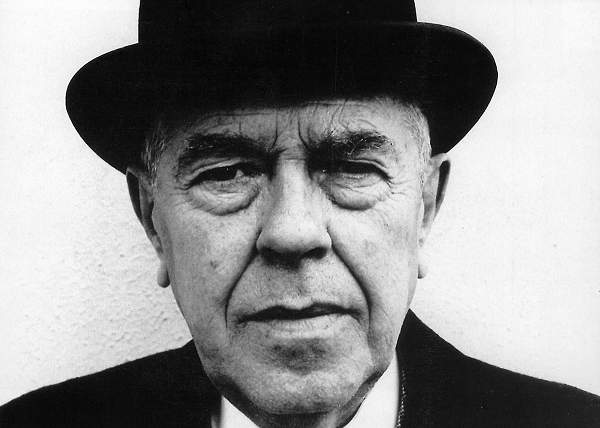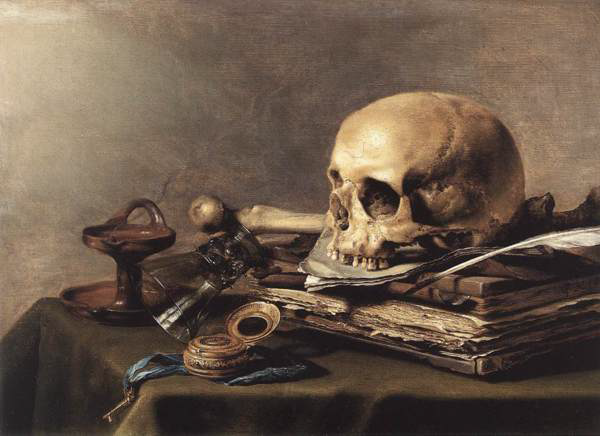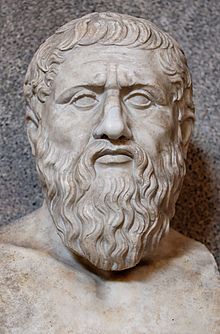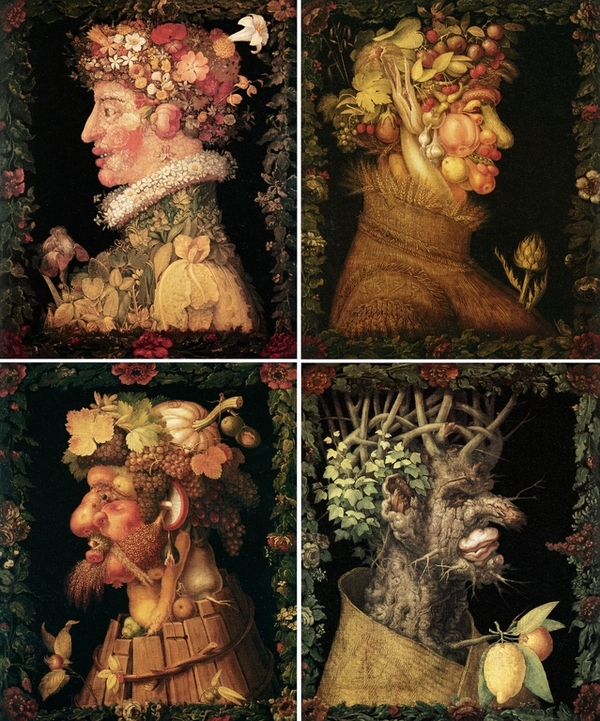Team:Paris Saclay/Project/Inspirations
From 2014.igem.org
(Difference between revisions)
m (→Inspirations) |
(→Inspirations) |
||
| (14 intermediate revisions not shown) | |||
| Line 3: | Line 3: | ||
=Inspirations= | =Inspirations= | ||
| - | Even though many works have | + | Even though many works have guided our artistic reflection, we chose to focus on 2 works which are representative of our main lines: |
==[https://2014.igem.org/Team:Paris_Saclay/Project/Inspirations/Magritte R. Magritte (1898-1967), La trahison des images (1929)]== | ==[https://2014.igem.org/Team:Paris_Saclay/Project/Inspirations/Magritte R. Magritte (1898-1967), La trahison des images (1929)]== | ||
| - | [[File:Paris_Saclay_Magritte.png|200px|left]] | + | [[File:Paris_Saclay_Magritte.png|200px|left]] [https://2014.igem.org/Team:Paris_Saclay/Project/Inspirations/Magritte Magritte], the Surrealist Belgian artist displays through his work the duality of image, between truth and decoy. His art also embodies a real legacy for advertising of the 20th century. |
''(source of inspiration for the title of our project just as our videos)'' | ''(source of inspiration for the title of our project just as our videos)'' | ||
| - | |||
| - | |||
==[https://2014.igem.org/Team:Paris_Saclay/Project/Inspirations/Vanity Vanity, through a Pieter Claesz’s (1596-1661) painting (1630)]== | ==[https://2014.igem.org/Team:Paris_Saclay/Project/Inspirations/Vanity Vanity, through a Pieter Claesz’s (1596-1661) painting (1630)]== | ||
| - | [[ | + | [[File:Paris_Saclay_Vanite.png|200px|left]]By frankly evoking leak of time, the ephemeral hallmark of life and the place of Humanity in the universe, [https://2014.igem.org/Team:Paris_Saclay/Project/Inspirations/Vanity Vanity] fit directly in our efforts to define life. |
''(source of inspiration for the ethical part, the problematic of living thing’s definition has been mentioned within the team and during different meetings such as « curiositas ».)'' | ''(source of inspiration for the ethical part, the problematic of living thing’s definition has been mentioned within the team and during different meetings such as « curiositas ».)'' | ||
| - | + | ==Additional references== | |
| - | + | ||
| - | == | + | |
| - | + | ||
| - | + | ||
| - | + | ||
| - | + | ||
| - | + | ||
| - | + | ||
| - | + | ||
| - | + | ||
| - | + | ||
| - | + | ||
| - | + | ||
| + | The following may interest the more curious visitors of our wiki. | ||
| + | ===Plato, Allegory of the Cave=== | ||
| - | + | [[File:Paris_Saclay_project-inspiration4.jpg|100px|left]]This allegory proposed by Plato explains in illustrated terms human conditions of access to knowledge and reality. | |
| - | This | + | |
| - | + | ===Four seasons, Arcimboldo (1527-1593)=== | |
| - | + | [[File:Paris_Saclay_project-inspiration3.jpg|100px|left]]Usage of fruits (so living things) in order to talk about immortality and flatter human genus. (glorification of the Habsburg line, immutable like the seasons). | |
| - | + | ||
| - | + | ||
Latest revision as of 03:33, 18 October 2014

Contents |
Inspirations
Even though many works have guided our artistic reflection, we chose to focus on 2 works which are representative of our main lines:
R. Magritte (1898-1967), La trahison des images (1929)
Magritte, the Surrealist Belgian artist displays through his work the duality of image, between truth and decoy. His art also embodies a real legacy for advertising of the 20th century.(source of inspiration for the title of our project just as our videos)
Vanity, through a Pieter Claesz’s (1596-1661) painting (1630)
By frankly evoking leak of time, the ephemeral hallmark of life and the place of Humanity in the universe, Vanity fit directly in our efforts to define life.(source of inspiration for the ethical part, the problematic of living thing’s definition has been mentioned within the team and during different meetings such as « curiositas ».)
Additional references
The following may interest the more curious visitors of our wiki.
Plato, Allegory of the Cave
This allegory proposed by Plato explains in illustrated terms human conditions of access to knowledge and reality.Four seasons, Arcimboldo (1527-1593)
Usage of fruits (so living things) in order to talk about immortality and flatter human genus. (glorification of the Habsburg line, immutable like the seasons).
 "
"








